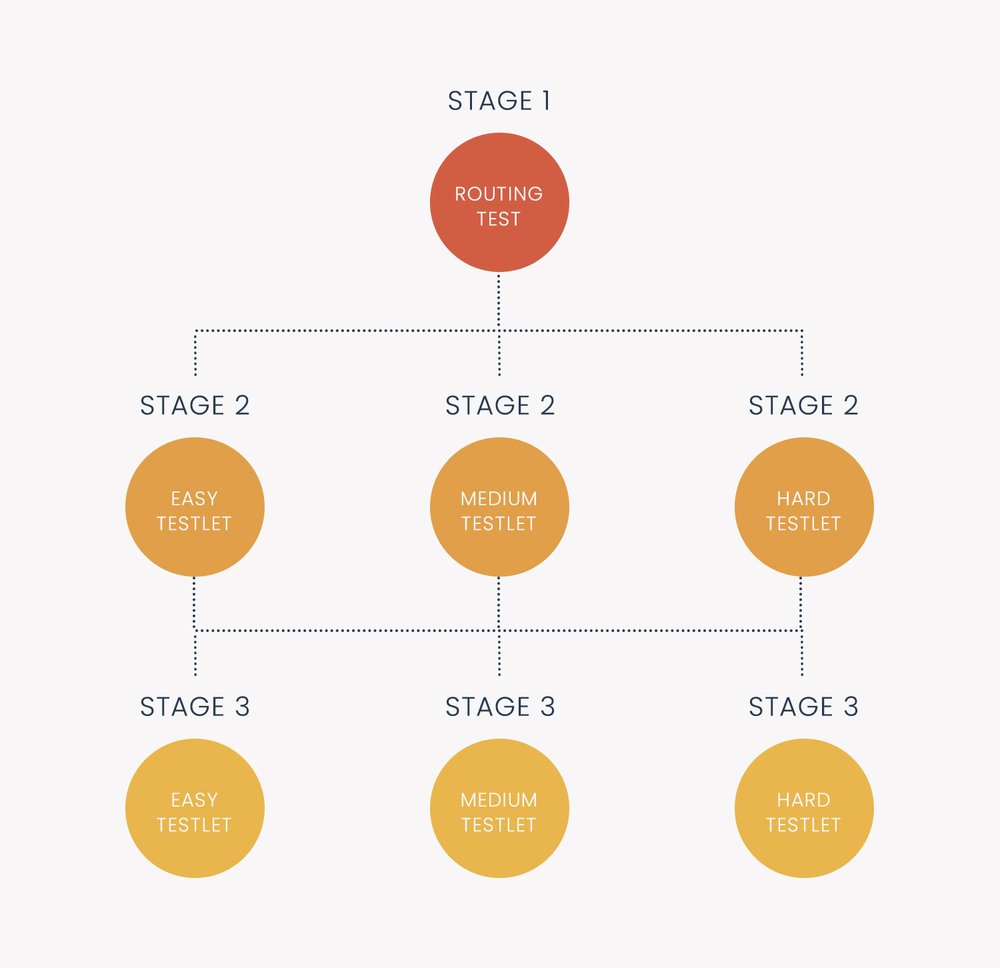Nathan Thompson articles

HR Assessment for Pre-Employment: Approaches and Solutions
HR assessment is a critical part of the HR ecosystem, used to select the best candidates with pre-employment testing, assess training, certify skills, and more. But there is a huge range in quality, as well

Webinar Recording: A History of Computerized Adaptive Testing with Prof. David J. Weiss
ASC hosted a webinar on June 14, 2022, as part of its AI In Assessment Series. This edition is an interview with the father of computerized adaptive testing (CAT), Prof. David J. Weiss. Learn more

Incremental Validity
Incremental validity is a specific aspect of criterion-related validity that refers to what an additional assessment or predictive variable can add to the information provided by existing assessments or variables. It refers to the amount

Case Study: Escuela Superior de Administración Pública (ESAP), Colombia
ASC partners with Escuela Superior de Administración Pública (ESAP) to develop and securely deliver nationwide civil service exams in Colombia as well as admissions exams for educational programs in the field of civil service. We

Public Safety Selection Tests, Hiring, and Litigation
QUESTION: “What are the costs associated with using validated assessments in public safety hiring?” ANSWER: “Always cheaper than a lawsuit!” Selection tests, pre-employment assessment, and promotional exams are a key part of the public safety

Assess.ai Passes Audit for FISMA / FedRAMP
ASC is proud to announce that we have successfully passed an audit for FISMA / FedRAMP Moderate, demonstrating our extremely high security standards for our online assessment platform! FISMA and FedRAMP are both security protocols

Objective Structured Clinical Examination (OSCE)
An Objective Structured Clinical Examination (OSCE Exam) is an assessment designed to measure performance of tasks, typically medical, in a high-fidelity way. It is more a test of skill than knowledge. For example, I used to

AI Remote Proctoring: How To Choose A Solution
AI remote proctoring has seen an incredible increase of usage during the COVID pandemic. ASC works with a very wide range of clients, with a wide range of remote proctoring needs, and therefore we partner

Test Score Reliability and Validity
Test score reliability and validity are core concepts in the field of psychometrics and assessment. Both of them refer to the quality of a test, the scores it produces, and how we use those scores.

NCCA Accreditation of Certification Programs
NCCA accreditation is a stamp of approval on the quality of a certification program, governed by the National Commission for Certifying Agencies (NCCA).™ This is part of the Institute for Credentialing Excellence™, the leader in

What is the Beuk Compromise?
The Beuk Compromise or Beuk Adjustment is a method for a “reality check” on the results of a modified-Angoff standard setting study. It is well-known that experts will often overestimate examinee capabilities and choose a

Adaptive Testing SAT: Intro & Free Practice Test
The adaptive SAT (Scholastic Aptitude Test) exam was announced in January 2022 by the College Board, with the goal to modernize the test and make it more widely available, migrating the exam from paper-and-pencil to

What Makes a Test Biased or Unfair?
One of the primary goals of psychometrics and assessment research is to ensure that tests, their scores, and interpretations of the scores, are reliable, valid, and fair. The concepts of reliability and validity are discussed

Examinee Collusion: Primary vs Secondary
In the field of psychometric forensics, examinee collusion refers to cases where an examinee takes a test with some sort of external help in obtaining the correct answers. There are several possibilities: The research on

What is the Positive Manifold?
Positive manifold refers to the fact that scores on cognitive assessment tend to correlate very highly with each other, indicating a common latent dimension that is very strong. This latent dimension became known as g for

What is an Assessment / Test Battery?
A test battery or assessment battery is a set multiple psychometrically-distinct exams delivered in one administration. In some cases, these are various tests that are cobbled together for related purposes, such as a psychologist testing

Test Response Function in Item Response Theory
The Test Response Function (TRF) in item response theory (IRT) is a mathematical function that describes the relationship between the latent trait that a test is measuring, which psychometricians call theta (θ), and the predicted

What is a Psychometric Test or Assessment, and how do I select the right one?
Psychometric tests are assessments of people to measure psychological attributes such as personality or intelligence. They an increasingly important part in informing decisions about people in education, psychiatry, and employment/HR, as research shows they are
